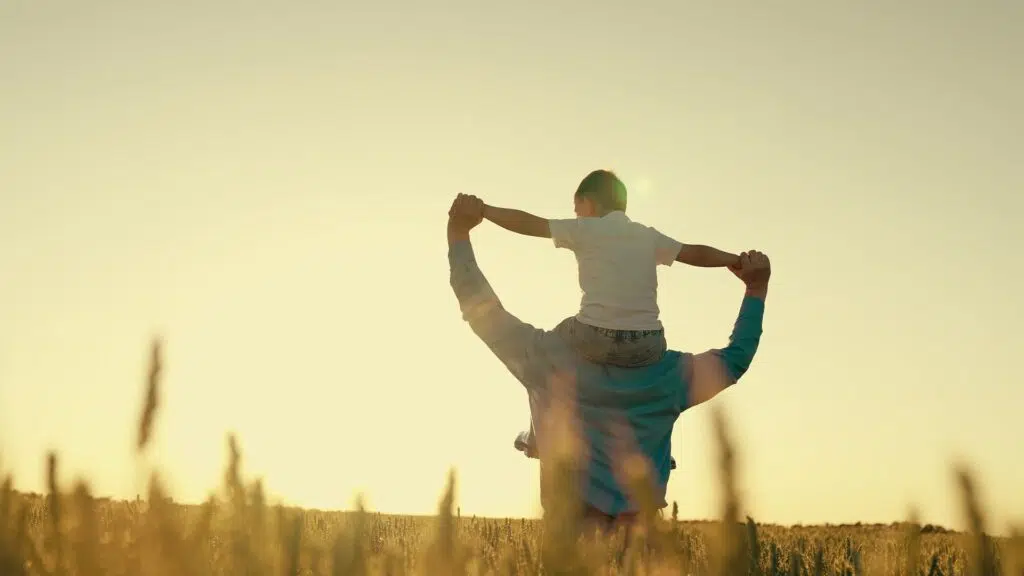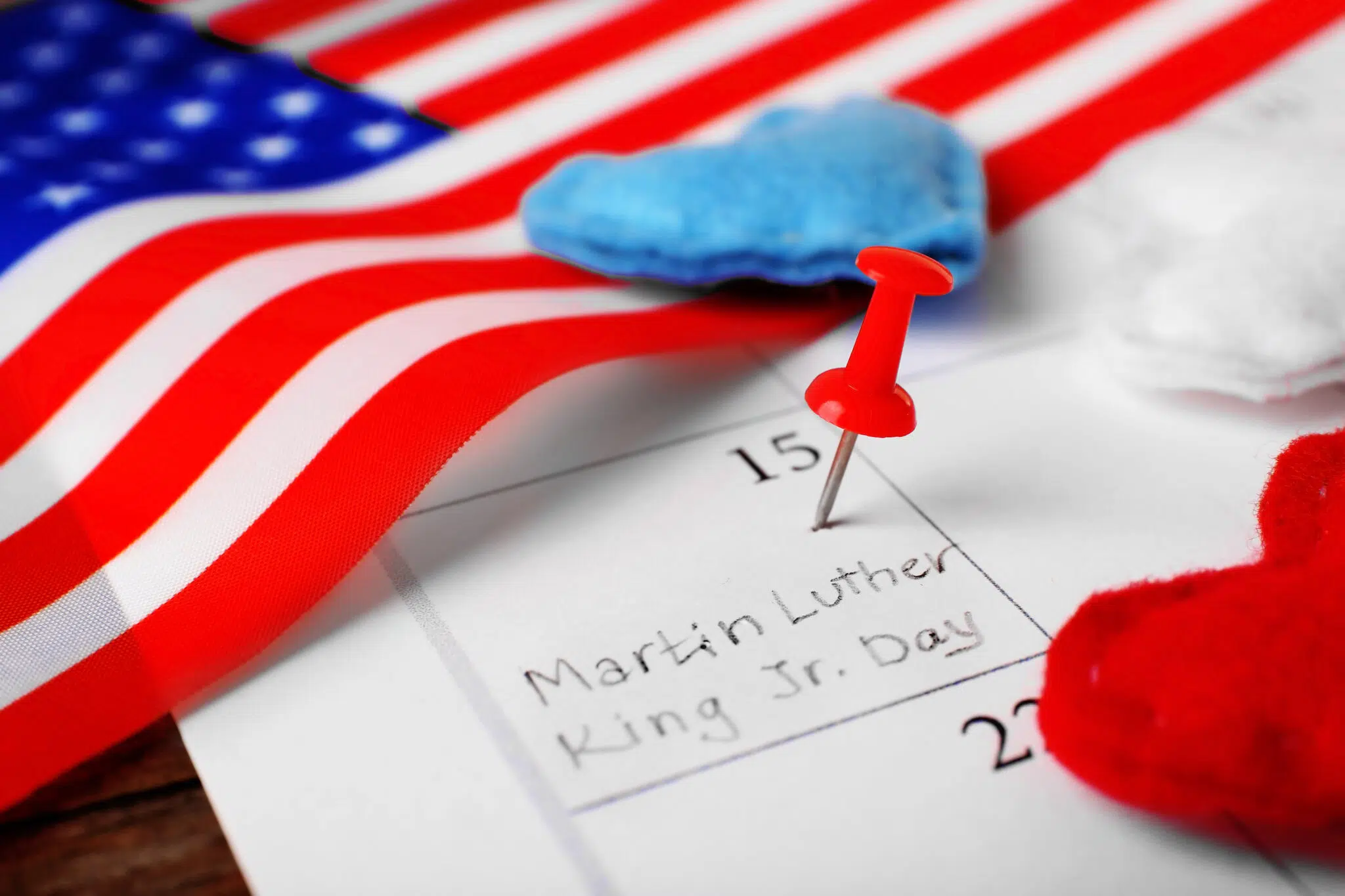Reconnecting With Your Grandchildren After a Divorce
When a marriage ends, the impact of this separation can extend far beyond the two spouses. Marriages often involve the joining of two families, and it can be difficult to part ways with your former spouse’s parents, siblings, extended family, and friend group. Grandparents may find the divorce process especially challenging, as the ending of their child’s marriage may jeopardize their relationship with their grandchildren. For example, if your son is going through a divorce, you may worry that your former daughter-in-law will become the primary custodial parent of your grandchildren. As a result, she may limit your opportunities to spend time with your grandchildren, as they will be spending the majority of their time in her care. Unfortunately, some parents may attempt to stop contact between their children and their former in-laws, which can be devastating to caring grandparents. However, the court system in Washington State considers the child’s best interests above all else when making legal decisions. It’s possible to advocate for your right to visit your grandchildren after the divorce is finalized, provided this continued relationship will nurture the child’s well-being. If you are concerned about how you can remain in your grandchild’s life, consider reaching out to a dedicated and caring Seattle divorce attorney to discuss the specifics of your situation. Together, you and your attorney can explore your available options and identify the most strategic path forward. Let’s take a look at how the Washington Court typically addresses grandparents’ visitation rights during and after the divorce process and the steps you can take to preserve and protect your relationship with your grandchildren.
Recognizing the Bond Between Grandparents and Grandchildren
Many children forge strong and lasting bonds with their grandparents. In some cases, a child may find that their grandparent is the most stable and important person in their lives. Even if a child lives with one or both parents, their grandparents may provide them with the guidance, support, and unconditional love they need to grow and thrive. Intergenerational relationships benefit both children and grandparents, as they can learn from one another and provide a steady source of comfort. One study found that intergenerational relationships, such as those forged between grandparents and grandchildren, can be especially beneficial for young people; having a stable adult figure in a child’s life makes them 46 percent less likely to turn to illegal drugs, 27 percent less likely to use alcohol, and 52 percent less likely to skip school. According to child psychologists and sociologists, “Not only are grandparents a source of wisdom for young children, they also tend to introduce long-standing family traditions and help formulate perceptions of healthy family dynamics.” Having an involved and loving grandparent in a child’s life can be highly beneficial to both individuals, and Washington courts recognize the importance of supporting and protecting intergenerational relationships.
Child Custody Matters in Washington State Divorce Cases
Before we explore the role of grandparents in Washington divorce cases, it’s helpful to understand how the Court addresses child custody and visitation matters when parents decide to end their marriage. As part of the divorce process, parents will establish a parenting plan that determines the visitation and custody rights of each parent. The parenting plan form allows the divorcing couple to detail their wishes and vision as to where the child will live and for how long, how the parents will make decisions about the child’s well-being (i.e., healthcare, education, and financial decisions), how the parents will resolve any disputes (i.e., mediation, counseling, arbitration, etc.), and any other logistical considerations that need to be considered and addressed. This form also allows either parent to document any concerns they have about their former spouse’s ability to provide a safe and nurturing home environment for the child, and the court may use these factors to influence its decisions regarding child custody and visitation rights. For example, if one parent has a documented history of substance abuse, the other parent may bring this concern before the court to consider when establishing an agreement that protects the child’s best interests. In such a case, the court may limit the child’s contact with the struggling parent until they have attended substance abuse counseling and can demonstrate that they are committed to keeping their home environment safe and substance-free. Child custody and visitation matters can become highly emotional and fraught, so it’s important to work with your empathetic and trusted Seattle divorce lawyer to ensure that you prioritize your child’s best interests at every turn.
Washington’s Landmark Grandparents’ Rights Case
For the most part, parents have the right to determine who will care for their children. However, in certain circumstances, grandparents may be able to establish visitation rights in the face of parental objections. While no federal laws addressing grandparent visitation rights exist, a legal case in Washington state made its way before the Supreme Court. In 2000, the Supreme Court heard the landmark case Troxel v. Granville, in which paternal grandparents petitioned for the right to visit their grandchildren after their son’s suicide. The grandparents asserted that they had cultivated a strong relationship with their grandchildren, but the children’s mother denied them visitation rights after the father’s death. Ultimately, the Washington trial court ruled in favor of the grandparents, but the mother appealed the case all the way to the Supreme Court. The Supreme Court affirmed the constitutionality of the Washington grandparent visitation schedule, but a judge must give “special weight” to a parent’s objections to grandparent visitation. Overall, the best interests of the child must drive visitation rights and schedules.
Navigating Grandparent Visitation in Washington State
Washington recognizes that children often benefit from a nurturing relationship with their grandparents. During a divorce or legal separation, grandparents may petition the court to assert their visitation rights to ensure a lasting bond with their grandchildren once the marriage ends. When the court is assessing whether grandparent visitation is warranted and appropriate, it will consider several factors (a few of which appear below).
An Existing Intergenerational Relationship
First, the court will determine whether there is an existing relationship between the child and grandparents. The grandparents can detail the strength of their current bond with the grandchild and highlight how they enjoyed weekly (or even daily) visits with their grandchild during the course of the marriage. They can point to their roles as caregivers to the child while the parents worked as further evidence of their substantial relationship with the child.

The Impact of Grandparent Visitation on the Child’s Well-Being
The court will consider how the presence (or absence) of a grandparent visitation schedule would impact the child. For instance, would a regular visitation schedule provide the child with much-needed continuity and stability during a difficult transitional period? Would the sudden absence of the child’s grandparents impair the child’s mental and emotional health? Additionally, how would a grandparent visitation schedule affect the parents? If the arrangement presents an unnecessary burden on the child’s parent, the court will weigh the risks of this added parental stress against the potential benefits of promoting the child’s relationship with their grandparents. Essentially, the court will explore the potential impact of establishing a grandparent visitation schedule and pursue an arrangement that best supports the child’s best interests.
The Details of the Parental Custody Arrangement
Logistical considerations play a role in determining grandparent visitation rights. For instance, an employed mother who obtains primary physical custody of her children may need childcare assistance while she is working outside the home. The court may find that establishing a grandparent visitation schedule is the most effective and productive way to ensure that the children enjoy comprehensive care from a variety of loving adults. The court will examine the specifics of the parental custody agreement to determine the most appropriate grandparent visitation schedule.

Speak With a Caring Family Law Attorney Today
If your child is going through a divorce, it’s natural to experience strong and complicated emotions. Give yourself the space to acknowledge the loss of what used to be, and start to identify your goals for preserving the most important relationships in your life. Enlist the guidance of a trusted and compassionate Seattle family law attorney who can help you reconnect with your grandchildren once the marriage ends. Your lawyer will listen to your concerns and help you identify the most appropriate course of action to ensure that you and your loved ones continue to be a part of your life, no matter what the future may hold.
The emotional aspects of a divorce can be overwhelming and challenging to navigate, especially when it comes to maintaining relationships with children and grandchildren. However, you do not have to go through this difficult time alone. When you enlist the help of the caring and experienced divorce attorneys at the Hemmat Law Group, you can trust that we will guide you through every step of the process with the compassion and empathy you deserve. Call our Seattle office today at (206) 682-5200 to get started.
The Hemmat Law Group (HLG) was founded in 1994 by Steven Amir Hemmat, a former DOJ Trial Attorney. We specialize in family law, supporting victims of the legal system.
The Hemmat Law Group help good people in bad situations.
Our divorce lawyers provide expert legal advice for all aspects of divorce, including child custody, support and property division. Contact us today.














